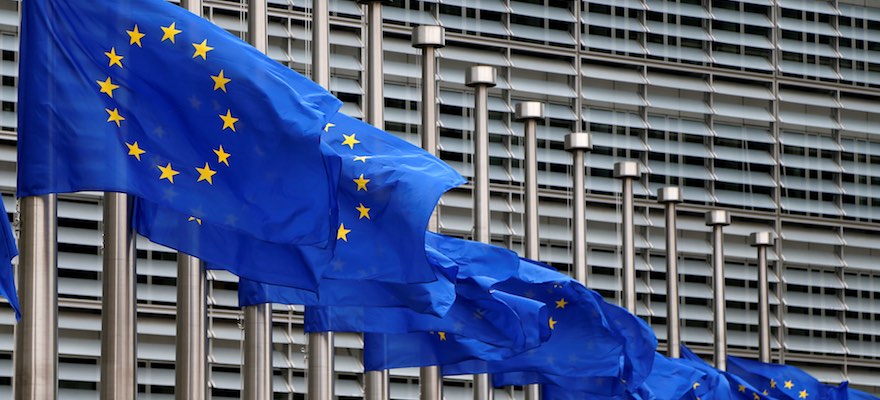The EU Council has adopted changes to EU Directive 2015/849 that will effectively reduce anonymity for users of cryptocurrency. The changes were written to target “the risks linked to virtual currencies” and other financial instruments (ie prepaid cards) by updating the EU’s anti-money laundering (AML) legislation. Under the new rules, crypto trading platforms will be required to implement new Know Your Customer (KYC) ) requirements for transactions.
According to a report by The Bitcoin News, the amendments were adopted without discussion on Monday, May 14th, at a meeting of the General Affairs Council. The new rules are expected to be published in the Official Journal of the EU in the near future; after publishing, member states will have 18 months to officially adopt them into their own legislation.
The amendments were reportedly adopted as part of an effort to “[strengthen] EU rules to prevent money laundering and terrorism financing,” according to a statement by the Council’s press service. Essentially, the directive is intended to “close down criminal finance without hindering the normal functioning of the payment systems.”
Governments Will Have Access to Information that Will Allow Transactions to Be Traced
Fiat-to-crypto exchanges and crypto wallet providers will be legally required to identify and report suspicious activities to the appropriate authorities. The directive also states that authorities should have the ability to use exchanges and wallets to monitor the use of Cryptocurrencies , including access to information that will allow cryptocurrency addresses to be traced to the identities of their owners.
MEP Krišjānis Kariņš said that “this legislation helps address the threats to our citizens and the financial sector by allowing greater access to the information about the people behind firms and by tightening rules regulating virtual currencies and anonymous prepaid cards.”
Regulatory Efforts Began in 2017
Possible links between terrorism and cryptocurrency have been sources of concern for EU leaders over the past year. Measures to prevent crypto funding for terrorism began in December of 2017 when the European Parliament and European council originally agreed on a new set of rules targeting Bitcoin and other virtual currencies.
At the time, European Justice Commissioner Vera Jourova said that “today's agreement will bring more transparency to improve the prevention of money laundering and to cut off terrorist financing."


















